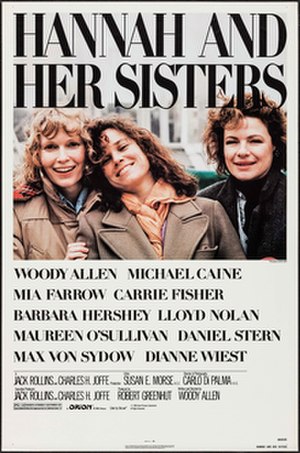The President’s Cake (2025) takes place in the early 1990s, just after the first Gulf War. Said President is Saddam Hussein. Directed and scripted by Hasan Hadi, the film concerns poverty—and, to a lesser extent, the consequences of war—in Saddam’s Iraq. Baneen Ahmed Nayyef is compelling and touching as 9-year-old Lamia, required at school to bake tyrannical Saddam a birthday cake. But she and her grandmother may be unable to find and purchase ingredients for it, and in any case a more serious matter has arisen in that Granny has grown too old to properly care for Lamia.
The film’s narrative is well-written, absorbing. There is suspense in an unsettling scene where a sinister watch seller tries to lure Lamia into a room in which a movie is allegedly being shown. Technically accomplished, Cake offers smart cinematography (for a grave picture) by Tudor Vladimir Panduru and is effectively directed and edited. It is an outstanding work. I don’t care that it was a Cannes favorite, only that it is one of my favorites for ’25.


